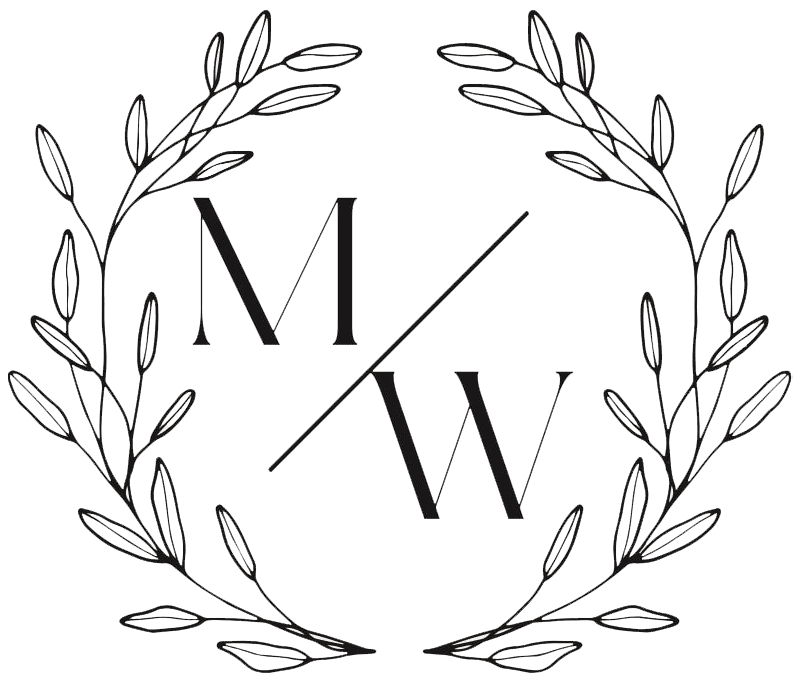Learn how weathering impacts menopause and Black women through 7 powerful truths. Discover what you can do today to reclaim your well-being during this critical life stage.
Table of Contents
- Introduction
- What Is Weathering?
- How Weathering Impacts Menopause and Black Women
- Hormones, Stress & the Body
- Symptoms That Hit Harder
- The Emotional Weight of Weathering
- Breaking Down Healthcare Barriers
- Empowered Steps You Can Take
- Conclusion: You Are Not Alone
- Footnotes
Introduction
How weathering impacts menopause and Black women is more than a medical issue—it’s a social justice issue. At MenoThrive Wellness, we recognize that Black and racialized women face unique challenges that shape their menopause journey.
If you’ve ever wondered why your symptoms feel more intense or why doctors don’t seem to listen, you’re not imagining it. This post breaks it all down and empowers you with knowledge, tools, and the next steps.
What Is Weathering?
“Weathering” refers to the long-term wear and tear on your body from chronic stress—especially stress caused by racism, discrimination, and inequality1.
Over time, this accelerates aging, affects your hormones, and increases your risk of early menopause and chronic illness.
🟣 Empower Tip: Track your daily stress levels and physical symptoms in a journal or app. Patterns can help your provider understand what’s happening in your body.
🔥 How Weathering Impacts Menopause and Black Women
Black women are more likely to enter menopause earlier, with more intense symptoms. Why? Because weathering changes the way your body responds to stress—including how it navigates hormonal shifts2.
Image Alt Text: How Weathering Impacts Menopause and Black Women
🟣 Empower Tip: Use the language. Talk to your doctor about “weathering” and “allostatic load.” Let them know your health concerns are rooted in science, not feelings.
Hormones, Stress, & the Body
The Biology of Burnout
Stress affects the HPA axis, which controls how your body releases cortisol (the stress hormone). Constant stress leads to:
- Lower estrogen
- Higher cortisol
- Worse sleep, hot flashes, and fatigue3
What’s Allostatic Load?
It’s the “wear and tear” your body accumulates from years of navigating trauma and systemic barriers4.
🟣 Empower Tip: Ask your provider for a full hormone panel—including cortisol. Advocate for a holistic look at your health.
Symptoms That Hit Harder
Studies show that how weathering impacts menopause and Black women shows up in tangible, measurable ways:
- Hot flashes that last longer and feel stronger
- More trouble sleeping
- Higher rates of depression and anxiety
- Menopause starting earlier (by 1–2 years)5
🟣 Empower Tip: Know what’s “normal” and common but unacceptable. Your discomfort deserves attention and care.
The Emotional Weight of Weathering
Beyond the body, weathering also shows up in your mental and emotional health:
- Carrying the “strong Black woman” burden
- Feeling isolated during perimenopause
- Facing cultural stigma around aging, emotions, and asking for help6
🟣 Empower Tip: Join a circle. Whether it’s a MenoThrive workshop or an online group, connection heals.
Breaking Down Healthcare Barriers
Many Black women report:
- Their symptoms being dismissed
- Delayed diagnosis of menopause or hormonal issues
- Limited access to hormone replacement therapy or culturally sensitive care7
| Barrier | Real-World Impact |
|---|---|
| Bias from providers | Less effective treatment |
| Financial stress | Less follow-up care |
| Lack of cultural competence | Misdiagnosis or neglect |
🟣 Empower Tip: Bring a list of symptoms and questions to appointments. You deserve answers and options.
Empowered Steps You Can Take
You don’t need to go through this alone. Here’s how you can start taking back control:
🌿 For Your Body:
- Track your cycle and symptoms monthly
- Ask about lifestyle support and holistic therapies
- Explore hormone therapy options with a culturally responsive provider
💬 For Your Voice:
- Speak up at appointments
- Use terms like “weathering,” “allostatic load,” and “racial health inequity.”
- Practice scripts for advocating for better care
🧘🏾♀️ For Your Mind:
- Practice breathwork and meditation
- Connect with other women going through similar experiences
- Acknowledge that healing is a journey, not a race
Conclusion: You Are Not Alone
Understanding how weathering impacts menopause and Black women is the first step in reclaiming your health and power. At MenoThrive Wellness, we’re building a movement where Black and diverse women don’t just survive menopause—they thrive through it.
You are worthy of being seen, heard, and supported. Let’s change the narrative—together.
📚 Footnotes
- Geronimus, A. T. (1992). The weathering hypothesis and the health of African-American women. Ethnicity & Disease. ↩
- Williams, D. R., & Mohammed, S. A. (2009). Discrimination and racial disparities in health. Journal of Behavioral Medicine. ↩
- Woods-Giscombe, C. L. (2010). Superwoman schema and stress. Qualitative Health Research. ↩
- Duru, O. K., Harawa, N. T., & Kermah, D. (2012). Allostatic load and racial disparities. Journal of the National Medical Association. ↩
- SWAN Study. (2018). Racial and ethnic differences in menopause experiences. NIH. ↩
- Watson, N. N., & Hunter, C. D. (2015). Racial identity and anxiety in Black women. Journal of Black Psychology. ↩
- Lewis, T. T., et al. (2014). Discrimination and health in clinical settings. Annual Review of Clinical Psychology. ↩


